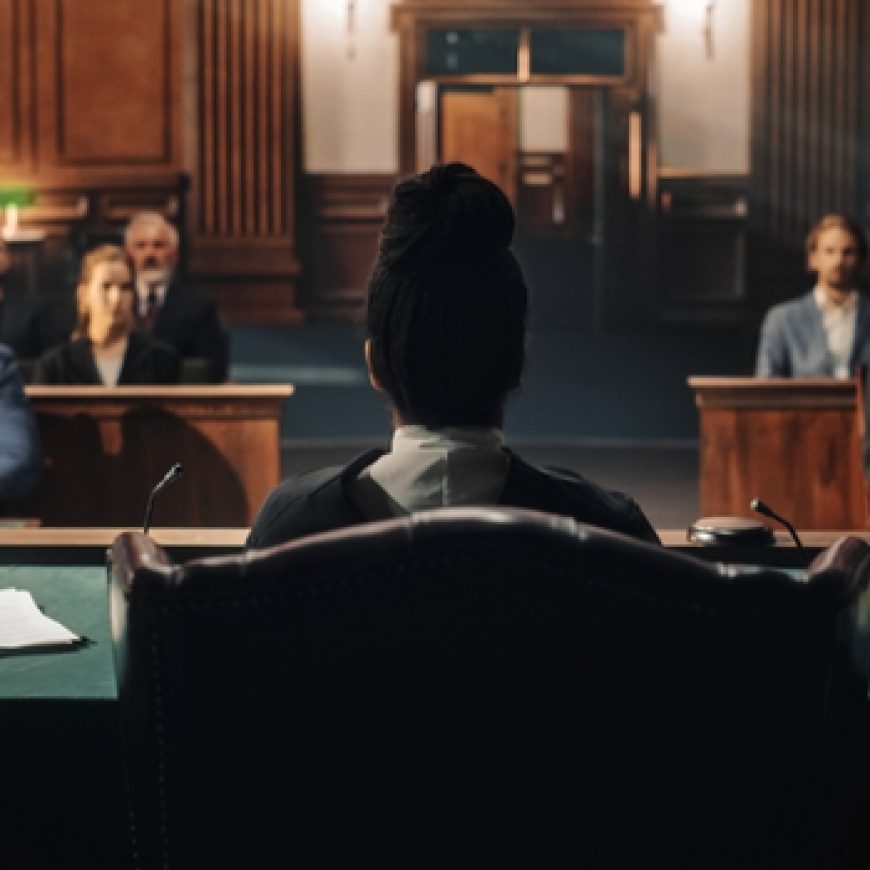Factual innocence represents the truth of an individual’s innocence beyond the shadow of a doubt. Keep reading to learn more about what it means to be factually innocent of a crime.
What is Factual Innocence?
Factual innocence refers to a situation where an individual did not commit the crime for which they were convicted. Unlike procedural issues or legal technicalities that might lead to a reversal of a conviction, factual innocence establishes that the person was not involved in the criminal act at all. This means there is conclusive evidence proving the individual’s innocence, such as DNA evidence, alibi, or new witness testimony that directly contradicts the prosecution’s case.
Legal vs. Factual Innocence
It’s important to differentiate between legal and factual innocence.
Legal innocence might occur when a conviction is overturned due to procedural errors, insufficient evidence, or violations of constitutional rights during the trial process. However, legal innocence doesn’t necessarily imply the person did not commit the crime.
Factual innocence, on the other hand, unequivocally proves the individual did not commit the alleged crime.

How to Petition for Factual Innocence
Did you know that an estimated 4-6% of individuals incarcerated in U.S. prisons are actually innocent? Petitioning for factual innocence is a complex legal process that requires careful preparation and strategic execution. Here are the essential steps involved in filing a petition to prove factual innocence:
1. Gather New Evidence
The first step in petitioning for factual innocence is to gather new, compelling evidence that was not available during the original trial. This could include:
- DNA Testing: Advanced forensic techniques can reveal critical evidence of innocence.
- Witness Testimony: New witnesses or recantations of previous testimonies can provide fresh insights.
- Expert Analysis: Forensic experts can re-evaluate evidence, identifying errors or misinterpretations from the original trial.
2. Legal Representation
Securing experienced legal representation is crucial. A skilled criminal defense attorney will:
- Review the Case: Examine all aspects of the original trial, including evidence, procedures, and testimonies.
- Develop a Strategy: Formulate a plan to present new evidence and highlight legal errors that led to the wrongful conviction.
- File the Petition: Prepare and file a comprehensive petition for factual innocence with the appropriate court.
3. Filing the Petition
The petition must be meticulously prepared and submitted according to legal standards. Key components include:
- Statement of Facts: A detailed recounting of the case, including new evidence and why it proves factual innocence.
- Legal Arguments: Arguments supporting the claim of innocence, often referencing legal precedents and constitutional rights.
- Supporting Documentation: All relevant evidence, affidavits, expert reports, and witness statements must be included.
4. Court Hearing
Once the petition is filed, the court will schedule a hearing where both the defense and prosecution can present their arguments. During the hearing:
- Presenting Evidence: The defense will present new evidence and expert testimony to support the claim of innocence.
- Cross-Examination: The prosecution may cross-examine witnesses and challenge the new evidence.
- Judicial Review: The judge will review all presented materials and make a determination based on the merits of the case.
5. Potential Outcomes
The court’s decision can lead to several outcomes:
- Granting the Petition: If the court finds the evidence compelling, it may overturn the conviction and declare the individual factually innocent.
- Denial of Petition: If the court is not convinced, the petition may be denied, but this can often be appealed.
- Further Proceedings: In some cases, the court may order a new trial or additional investigations.
6. Seeking Compensation
In many jurisdictions, individuals declared factually innocent may seek compensation for the wrongful conviction. This involves:
- Filing a Claim: A separate legal process where the wrongfully convicted individual files a claim for compensation.
- Proving Damages: Demonstrating the extent of damages suffered, including lost wages, emotional distress, and other impacts of wrongful imprisonment.
- Navigating Legal Procedures: The process can vary significantly by jurisdiction and may involve complex legal procedures best navigated with legal assistance.
Why Factual Innocence Matters
Proving factual innocence is essential to restoring justice for the wrongfully convicted. It corrects grave miscarriages of justice, restores the individual’s reputation, and provides a chance for the wrongfully convicted to rebuild their lives.
Exonerations based on factual innocence highlight flaws in the criminal justice system, prompting necessary reforms. These cases underscore the importance of accurate evidence, fair trials, and robust legal representation to prevent future wrongful convictions.
Contact Seth Kretzer for Legal Assistance
If you believe you or a loved one has been wrongfully convicted, contact appellate attorney Seth Kretzer for expert legal assistance. With years of experience in criminal defense and a commitment to justice, Seth Kretzer can help navigate the complexities of proving factual innocence and work toward exoneration.
Reach out today to schedule a consultation and take the first step towards justice and freedom.



